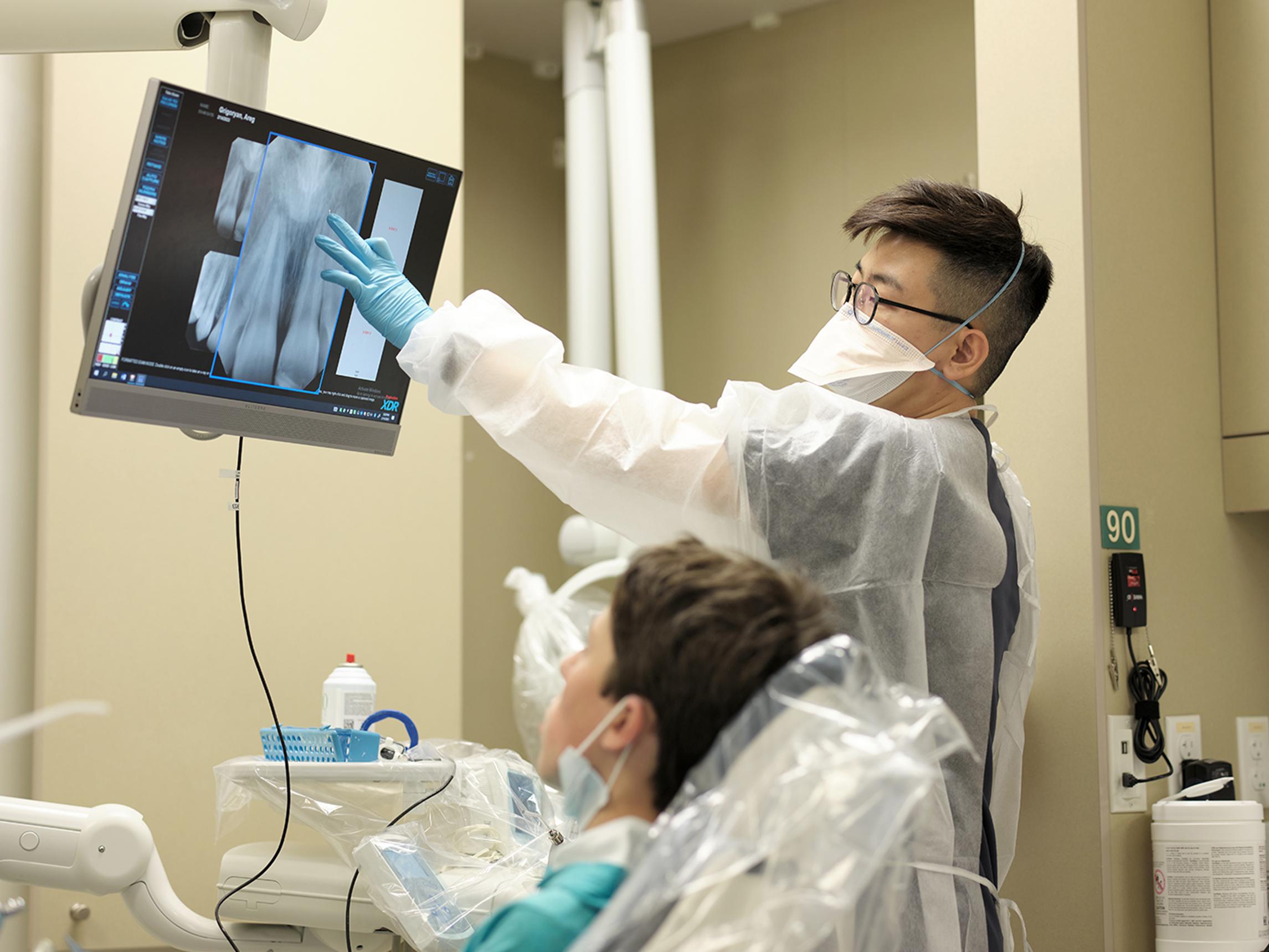Find Out About Constant Dental Issues Your Dental Practitioner Can Resolve
Comprehending regular oral concerns is vital for keeping optimal oral health and wellness. Problems such as dental caries, periodontal condition, tooth sensitivity, bad breath, and tooth degeneration are usual yet typically overlooked up until they end up being severe. Normal oral brows through and customized care plans can resolve these problems successfully, ensuring a healthier and brighter smile.
Cavities
Dental caries, also understood as oral caries, are a prevalent oral health and wellness problem triggered by the demineralization of tooth enamel due to acid production from microbial plaque. This procedure starts when germs in the mouth metabolize sugars and starches from food, producing acids that erode the enamel. Otherwise addressed immediately, this erosion can permeate much deeper into the tooth, affecting the dentin and ultimately the pulp, potentially resulting in extreme discomfort and infection.
The onset of tooth cavity formation typically existing as white places on the tooth surface area, showing initial demineralization. As the process proceeds, these places can become brownish or black lesions, indicating extra extensive degeneration. Regular oral exams are essential for early discovery, as dental caries in their nascent stages can be treated with remineralization strategies, such as fluoride treatments.
As soon as a dental caries has developed, restorative intervention is needed. Dental practitioners typically get rid of the decayed section of the tooth and load the cavity with products such as composite material, amalgam, or ceramic. In more serious instances, a crown or root canal therapy may be required. Preventive actions, consisting of great oral health practices and nutritional adjustments, play an essential duty in alleviating the danger of cavities.
Periodontal Disease
While dental caries stand for a significant worry for dental health and wellness, one more important problem that requires interest is gum condition. Also understood as periodontal condition, gum tissue disease is an inflammatory problem influencing the tissues surrounding and sustaining the teeth. It is primarily brought on by the buildup of plaque-- a sticky film of microorganisms that bases on teeth.
Periodontal illness proceeds via phases, beginning with gingivitis, defined by inflammation, swelling, and bleeding gum tissues (eugene dentist). If left without treatment, gingivitis can intensify to periodontitis, where the inner layer of the gum and bone draw away from the teeth, creating pockets that become contaminated. Gradually, the contaminants created by the germs damage down the bone and connective tissue that hold teeth in area, possibly causing missing teeth
Very early detection and therapy are essential. Expert dental cleanings and improved oral hygiene methods, such as cleaning two times everyday and flossing, can handle gingivitis. For more advanced stages, treatments may include scaling and origin planing, prescription antibiotics, or perhaps medical interventions.
Routine oral examinations play a crucial role in stopping and handling periodontal disease. Dental professionals can identify early indications and recommend suitable interventions, making certain the upkeep of healthy and balanced periodontals and general oral health and wellness.
Tooth Sensitivity
Tooth sensitivity impacts numerous individuals worldwide, providing an usual yet usually traumatic oral concern. This problem emerges when the enamel, the outermost protective layer of the teeth, is endangered, exposing the underlying dentin. The dentin includes microscopic tubules that lead straight to the dental pulp, where nerves stay. When subjected to stimuli such as view it warm, cold, sweet, or acidic compounds, these nerves are activated, creating sharp discomfort or pain.
Numerous factors contribute to enamel erosion and subsequent tooth level of sensitivity, consisting of hostile brushing, acidic foods and drinks, periodontal recession, and bruxism (teeth grinding) In addition, oral procedures such as teeth lightening can temporarily increase sensitivity.
Halitosis
One more common dental concern that affects individuals' every day lives misbehaves breath, medically called halitosis. This problem can be specifically upsetting, influencing personal interactions and self-worth. Bad breath often originates from poor oral hygiene, which permits food particles to stay in the mouth, promoting microbial development. These bacteria produce sulfur compounds, leading to unpleasant smells.

Dentists play a vital role in identifying and dealing with bad breath. They can identify the root cause via a thorough evaluation and provide customized guidance and therapy strategies. Referrals may entail boosting oral health methods, such as routine brushing and flossing, making use of antibacterial mouthwashes, staying hydrated, and resolving any kind of oral problems. In many cases, a reference to a specialist might be needed to take on underlying health issue adding to foul breath. Efficient management of halitosis not just enhances dental wellness however likewise considerably enhances lifestyle.
Tooth Degeneration

Preventing tooth degeneration includes a combination of great oral health techniques and normal dental check-ups. Brushing teeth a minimum of two times daily with fluoride toothpaste, flossing to get rid of plaque between teeth, and limiting the intake of sugary foods and drinks are necessary safety nets. Fluoride treatments, additional hints oral sealants, and professional cleansings provided by a dental practitioner can also play a considerable duty in fortifying enamel and stopping decay.
Dental experts can eliminate decayed cells and recover the tooth with dental fillings made from materials such as composite resin, amalgam, or porcelain. By resolving tooth degeneration quickly, dentists help preserve oral structure and function, guaranteeing long-term oral health and wellness.
Verdict
Addressing typical dental concerns such as tooth cavities, gum illness, tooth level of sensitivity, halitosis, and dental cavity is important for keeping optimum oral health and navigate here total health. Dental professionals have the knowledge to diagnose and deal with these issues efficiently, making certain tailored look after each person. Regular preventive actions and dental check-ups are crucial in determining and taking care of these problems early, advertising a healthier and much more certain smile over a lifetime.

Tooth decay, also known as dental caries, occurs when the enamel, the outer layer of the tooth, is worn down by acids generated by bacteria in the mouth. Brushing teeth at least twice daily with fluoride toothpaste, flossing to eliminate plaque between teeth, and limiting the intake of sweet foods and drinks are necessary preventive steps.Resolving usual oral concerns such as tooth cavities, gum tissue condition, tooth level of sensitivity, bad breath, and tooth degeneration is critical for maintaining optimum dental health and wellness and general wellness.